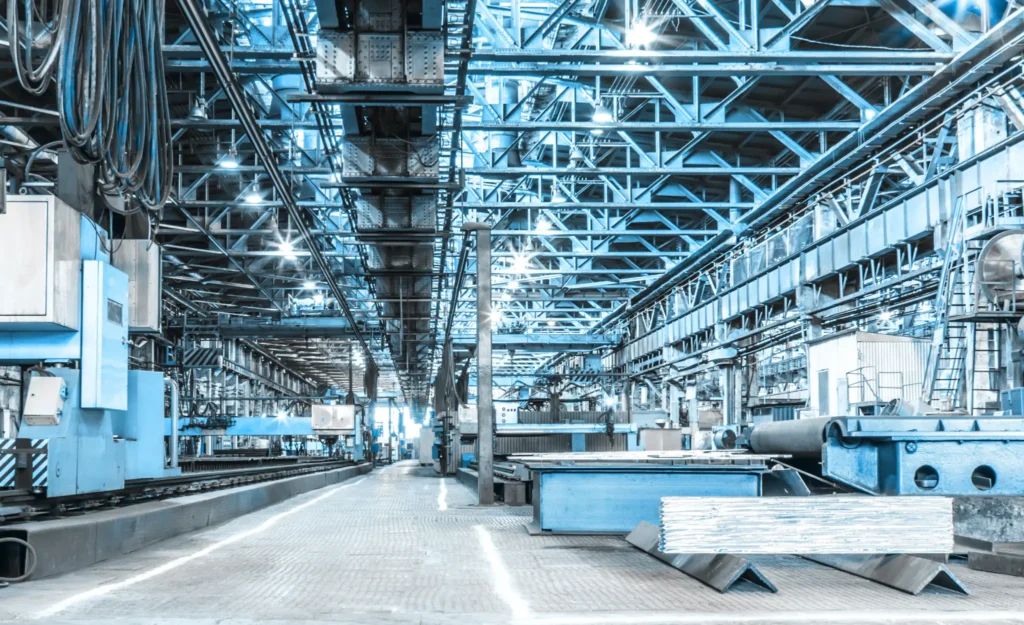Fixed-speed air compressors remain a cornerstone of industrial operations, offering a reliable and cost-effective solution for a wide range of applications. These machines operate by maintaining a constant motor speed, delivering consistent airflow and pressure that support various production activities without fluctuations. In industries where steady demand for compressed air is a norm, fixed-speed compressors excel by providing stability, durability, and ease of maintenance. Their simplicity in design often translates to lower upfront costs and reduced complexity in installation and operation, making them an ideal choice for businesses aiming to enhance productivity without overcomplicating their systems. One of the key advantages of high-quality fixed-speed compressors is their robust performance in environments where air demand remains relatively consistent throughout the day. By delivering a continuous supply of compressed air at a fixed output, these compressors ensure that machinery and tools function without interruption, reducing the risk of production delays.

This reliability supports a smoother workflow, minimizes unplanned downtime, and contributes directly to improved efficiency and output. In sectors such as manufacturing, automotive, food processing, and textiles, where consistent air pressure is critical, fixed-speed compressors offer dependable performance that aligns with the operational demands. Moreover, high-quality fixed-speed compressors are often engineered for longevity and resilience. Their design typically includes heavy-duty components that withstand prolonged use in harsh industrial environments. This durability reduces the frequency of repairs and replacements, lowering long-term maintenance costs and allowing operations to continue with minimal disruption. Many of these compressors also come with advanced features such as thermal protection, efficient cooling systems, and high-grade filters that protect both the compressor and the connected equipment. These attributes collectively contribute to a more reliable compressed air system, ensuring the production line keeps moving smoothly. Energy efficiency is another factor that modern fixed-speed compressors have improved upon.
While traditionally seen as less energy-efficient compared to variable-speed counterparts in fluctuating demand scenarios, today’s models are optimized for efficiency in stable usage conditions. When matched properly to the application, check this link right here now mhwmag.com fixed-speed compressors avoid the energy losses associated with cycling or idle running, ensuring that the energy consumed is effectively used to generate air. Coupled with routine maintenance and proper system design, they can significantly contribute to a facility’s energy management goals. Beyond technical advantages, investing in high-quality fixed-speed compressors also supports operational consistency and workforce productivity. Operators and maintenance teams benefit from the intuitive controls and well-understood technology, which shortens the learning curve and enables quick troubleshooting when necessary. The predictable performance also simplifies planning for energy use, maintenance schedules, and output targets, fostering a more controlled and productive environment. For industries that prioritize uptime and depend on a steady air supply, fixed-speed compressors remain a practical and efficient solution.